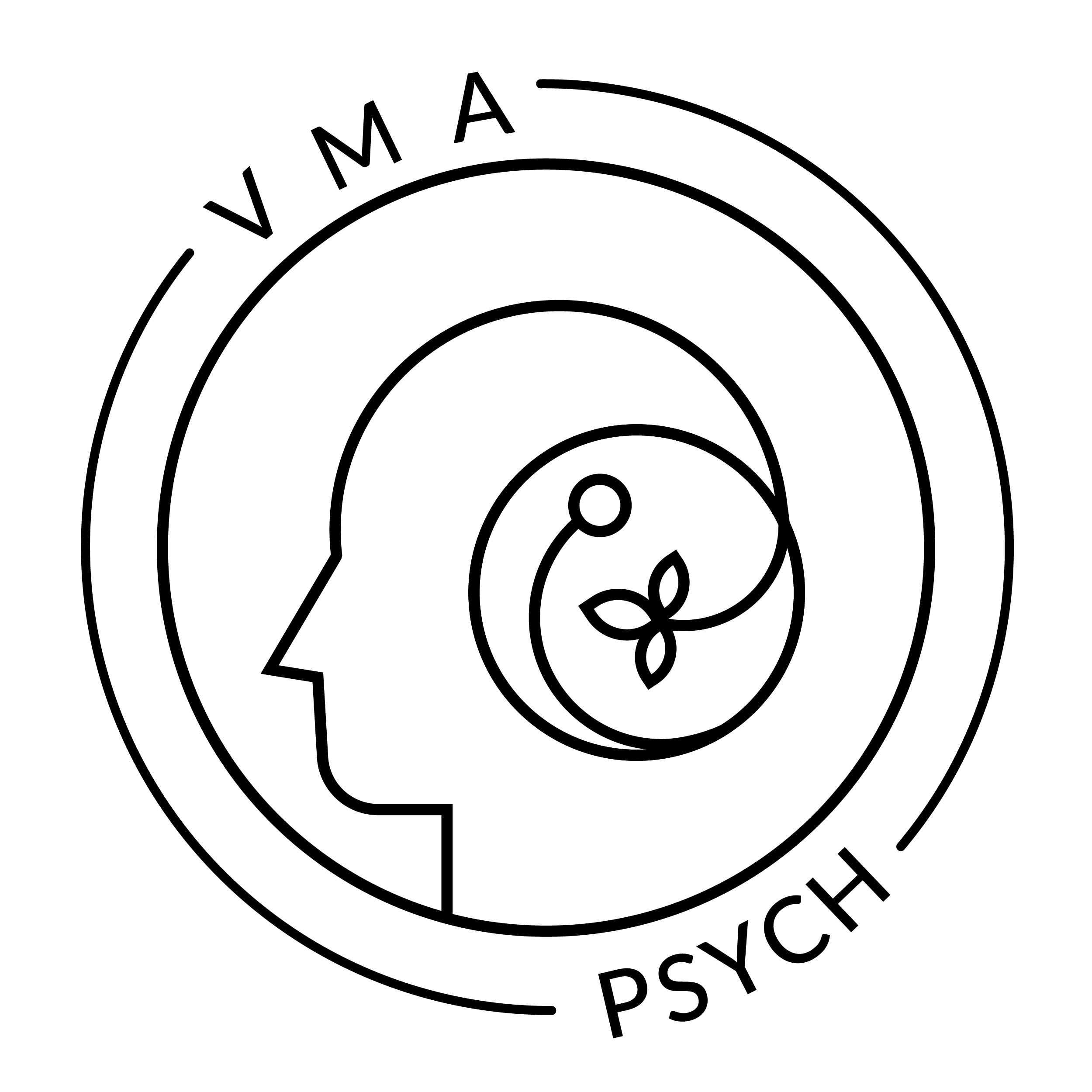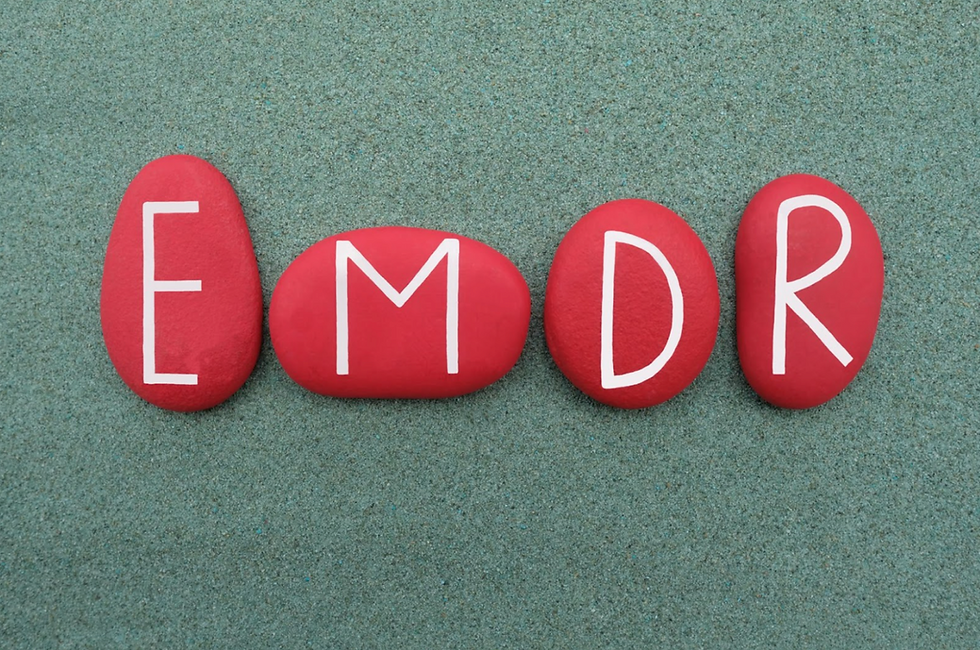
Have you ever wondered why certain memories feel like cornerstones of who you are, while others don’t seem to stick? Or why two people can remember the same event so differently? These experiences are rooted in what's called autobiographical memory — the system in your brain responsible for recalling events from your life that help you construct a coherent narrative of self. At VMA Psych, we explore how these memories impact identity, mental health, and decision-making, and how they can be better understood and supported in therapy.
This article unpacks the psychology and neuroscience behind autobiographical memory, examines its strengths and drawbacks, and offers therapeutic strategies for working with memory to support emotional well-being.
What Is Autobiographical Memory?

Autobiographical memory is a form of episodic memory (the memory of specific events and experiences), but it differs in that it includes personal meaning and identity relevance. It allows us to remember who we were, who we are, and how we became this way.
Psychologist Martin Conway defines autobiographical memory as "the memory we use to construct a narrative of our lives."
It includes:
Episodic components: Specific events like your first day of school or a breakup.
Semantic components: General knowledge about yourself, like where you work or that you are a parent.
These memories form the raw material from which we build and maintain a sense of self.
The Brain Structures Behind Autobiographical Memory

Several key areas in the brain collaborate to form, store, and retrieve autobiographical memories:
Hippocampus: Essential for encoding new episodic memories. Damage here can lead to anterograde amnesia (inability to form new memories).
Medial Prefrontal Cortex (mPFC): Involved in self-referential thinking and integrating memories with our self-concept.
Amygdala: Tags memories with emotional significance, which helps explain why emotionally charged memories feel more vivid.
Default Mode Network (DMN): A network of brain regions active during rest and inward thought. It plays a key role in recalling personal memories and simulating future events.
Understanding this neural circuitry shows how memory is more than data retrieval; it's a dynamic, emotion-rich process deeply tied to identity.
Why Autobiographical Memory Matters

Autobiographical memory is not just a scrapbook of your past; it's a psychological toolkit that serves multiple adaptive functions:
Continuity of Identity: Remembering where you've been helps you understand who you are.
Social Bonding: Sharing personal stories deepens connections and builds empathy.
Future Planning: Using past experiences to guide future decisions and anticipate outcomes.
Emotional Regulation: Reflecting on difficult or affirming moments helps process emotion and foster resilience.
However, autobiographical memory can also be imperfect or biased, which brings us to its limitations.
When Memory Becomes a Double-Edged Sword

While autobiographical memory helps us stay grounded, it can also distort reality or reinforce emotional suffering:
Selective Recall: We tend to remember moments that align with our current self-concept. If you believe you're a failure, you may recall only memories that confirm that belief, reinforcing low self-worth.
Overgeneral Memory (OGM): Common in depression and PTSD, this is when someone recalls vague summaries ("I always mess things up") rather than specific instances. OGM can hinder problem-solving and emotional resolution.
False Memories: Our brains are not recorders. Memories are reconstructed, not replayed. Suggestion, repetition, and emotional intensity can all distort them over time.
These distortions can affect mental health, especially when tied to trauma or chronic stress. They also influence how we interpret the present and envision the future.
For more on memory and what happens when experiences are repressed, check out our article “Repression: The Hidden Weight We Carry.”
Memory and Mental Health: A Two-Way Street

Research shows a bidirectional relationship between autobiographical memory and mental health:
Depression is linked with reduced access to positive memories and increased rumination on negative ones.
PTSD involves intrusive, highly emotional memories that are fragmented or unprocessed.
Anxiety can distort how we interpret past experiences, making neutral or mildly negative events feel like signs of threat.
Therapy can help reframe and reorganize autobiographical memories to support healing. Narrative approaches, for instance, assist clients in rewriting the meaning of painful memories without denying their impact.
How Therapy Helps Reorganize the Story

At VMA Psych, we often work with clients to explore how their life stories were shaped — and how they can be retold:
Therapeutic Techniques Include:
Narrative Therapy: Encourages clients to externalize problems and reshape their personal narrative.
Memory Reconsolidation: A process through which old memories are updated with new emotional or factual information.
Cognitive Behavioural Therapy (CBT) Challenges distorted thinking tied to memory-based beliefs ("I'm always a failure") and replaces it with more balanced perspectives.
Mindfulness-Based Therapy: Helps clients observe their memories with less judgment, reducing emotional reactivity.
Journaling and Life Mapping: Practical tools for organizing and reflecting on life events, promoting clarity and insight.
The Pros and Cons of a Strong Autobiographical Memory
Pros | Cons |
A strong sense of self and continuity | Emotional flooding or fixation on painful events |
Improved decision-making | Tendency toward confirmation bias |
Better empathy and connection | Selective or distorted memories affecting truth |
Resilience through reflection | Risk of over-identifying with past mistakes |
Understanding both sides helps people use memory intentionally — to heal, grow, and connect, rather than remain trapped by old narratives.
How to Work With Your Autobiographical Memory
Here are some ways you can reflect on and reshape your personal memory landscape:

Name the Narrator: Ask yourself, "Who is telling this story?" and "Is this the most accurate version?"
Practice Memory Specificity: Try to recall not just what happened, but where you were, who was with you, and how you felt. This strengthens narrative depth and insight.
Seek Alternative Angles: Ask trusted others how they remember a shared event. It might surprise you.
Document Positives: Use gratitude journaling or photo timelines to anchor joyful, meaningful memories.
Use Memory to Empower Future You: Instead of replaying regrets, ask what the past you has taught you about how to handle the present and plan for the future.
Book Recommendation
For a deeper dive into how memory shapes our sense of self, we recommend "Pieces of Light: How the New Science of Memory Illuminates the Stories We Tell About Our Pasts" by Charles Fernyhough. It blends science and storytelling to explore the flexibility and unreliability of memory, and how we can work with it.
Moving Forward With Clarity

Your memory is not a perfect recording of the past — it's a living story shaped by and continuing to shape who you are, what you feel, and how you understand the world. Autobiographical memory helps build identity, deepen empathy, and guide the future. But when it becomes distorted, overgeneralized, or saturated with emotional pain, it can harm rather than help.
At VMA Psych, we understand how central memory is to identity, healing, and growth. Our clinicians help you explore your story with curiosity, compassion, and science-backed support. Whether you're unpacking past trauma, feeling stuck in old roles, or ready to reimagine your future, we can walk that path with you.
Ready to explore your story?
Book a consultation today and begin a therapeutic journey to make peace with your past and shape a meaningful, grounded future.
Welcome to VMA Psych.
Your trusted provider of exceptional mental health services in the GTA & beyond. Learn More
With 40+ years as Toronto's leading psychologists, we guide individuals through life's complexities, offering specialized services for a brighter future.




















